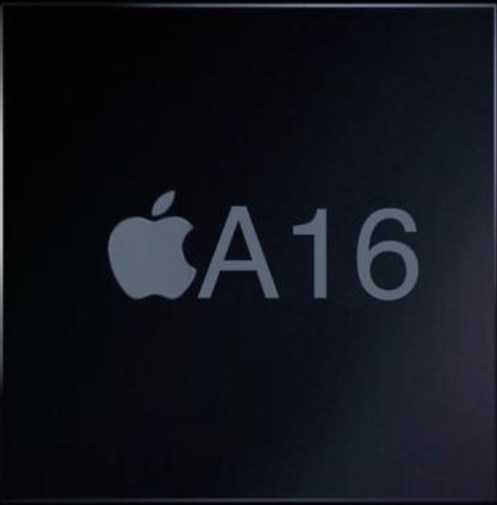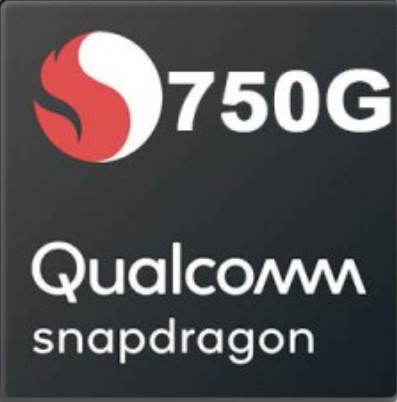Apple A16 Bionic vs Qualcomm Snapdragon 750G
We’ve put together a comprehensive comparison of the newly released A16 Bionic chip and Snapdragon 750G SoCs, brought to you by Apple and Qualcomm respectively. This analysis breaks down the pros and cons of these 6-core and 8-core CPUs, evaluated through their Geekbench, Antutu, and 3DMark scores, along with their technical details.
Review
CPU Performance
Evaluation of Single-Core and
Multi-Core Processor Performance
Gaming Performance
Gaming and OpenCL/Vulkan
Performance of the Graphics Processing Unit (GPU)
Battery life
Energy Efficiency in Battery Usage
Tech Insist Score
Overall Performance Rating of the
Chip
Key Differences
Pros of A16 Bionic chip
- A16 Bionic chip has 57.27% higher CPU clock speed than Snapdragon 750G (3460 vs 2200 MHz).
- A16 Bionic chip has 200.05% higher memory frequency than Snapdragon 750G (6400 vs 2133 MHz).
- A16 Bionic chip has 50.00% smaller sized transistor than Snapdragon 750G (4 vs 8 nm).
- A16 Bionic chip has 193.27 % better AnTuTu 9 score than Snapdragon 750G (965 K vs 329 K).
- A16 Bionic chip has the latest instruction set, hence better than Snapdragon 750G.
- A16 Bionic chip supports 201.18 % higher memory bandwidth than Snapdragon 750G ( 51.2 vs 17 MHz).
Pros of Snapdragon 750G
- Snapdragon 750G has -40.99 % higher GPU clock speed than A16 Bionic chip ( 825 vs 1398 MHz).
Benchmarks
Evaluating performance through competitive testing in leading benchmarks.AnTuTu 10
| CPU | 247110 | 115426 |
| GPU | 408357 | 77754 |
| Memory | 162944 | 66679 |
| UX | 146541 | 69173 |
| Total score | 964952 | 329032 |
GeekBench 6
Single-Core Score
Multi-Core Score
3DMark
3DMark Wild Life Performance
| Stability | 79% | 99% |
| Graphics test | 59 FPS | 3 FPS |
| Score | 9862 | 639 |
Specifications
Full list of technical specifications of A16 Bionic chip and Dimensity 9300CPU
| Architecture | 2x 3.46 GHz – Everest 4x 2.02 GHz – Sawtooth |
2x 2.2 GHz – Kryo 570 Gold (Cortex-A77) 6x 1.8 GHz – Kryo 570 Silver (Cortex-A55) |
| Cores | 6 | 8 |
| Base Frequency | 2020MHz | 1800MHz |
| Turbo Frequency | 3460MHz | 2200MHz |
| Instruction set | ARMv9-A | ARMv8.3-A |
| L2 cache | 256 KB | 64 KB |
| L2 cache | 16 MB | 512 MB |
| L3 cache | - | 4 MB |
| Process | 4 nanometers | 8 nanometers |
| Transistor count | 16 billion | - |
| TDP (Sustained Power Limit) | 8 W | 5 W |
Graphics
| GPU name | Apple A16 GPU | Adreno 619 |
| Architecture | Apple GPU | Adreno 600 |
| GPU frequency | 1398 MHz | 825 MHz |
| Pipelines | 6 | 2 |
| Shading units | 768 | 128 |
| Total shaders | 1536 | 256 |
| FLOPS | - | - |
| Vulkan version | - | 1.1 |
| OpenCL version | - | 2.0 |
| DirectX version | - | 12 |
AI Accelerator
| Neural processor (NPU) | Neural Engine | Hexagon 694 |
Memory
| Memory type | LPDDR5 | LPDDR4X |
| Memory frequency | 6400 MHz | 2133 MHz |
| Bus | - | - |
| Max bandwidth | 51.2 Gbit/s | 17 Gbit/s |
| Max size | 8 GB | 12 GB |
Multimedia (ISP)
| Storage type | NVMe | UFS 2.1, UFS 2.2, UFS 3.0 |
| Max display resolution | 2796 x 1290 | 2220 x 1080 |
| Max camera resolution | 1x 48MP | 1x 192MP, 2x 20MP |
| Video capture | 4K at 60FPS | 4K at 30FPS |
| Video playback | 4K at 60FPS | 4K at 30FPS |
| Video codecs | H.264, H.265, VP8, VP9, Motion JPEG | H.264, H.265, VP8, VP9 |
| Audio codecs | AAC, AIFF, CAF, MP3, MP4, WAV, AC-3, E-AC-3, AAX, AAX+ | AIFF, CAF, MP3, MP4, WAV |
Connectivity
| Modem | - | X52 |
| 4G support | LTE Cat. 24 | LTE Cat. 18 |
| 5G support | Yes | Yes |
| Download speed 5G | Up to 7500 Mbps | Up to 3700 Mbps |
| Download speed 4G | - | Up to 1200 Mbps |
| Upload speed 5G | Up to 3500 Mbps | Up to 1600 Mbps |
| Upload speed 4G | - | Up to 210 Mbps |
| Wi-Fi | 6 | 6 |
| Bluetooth | 5.3 | 5.1 |
| Navigation | GPS, GLONASS, Beidou, Galileo, QZSS | GPS, GLONASS, Beidou, Galileo, QZSS, SBAS, NAVIC |
Info
| Announced | September 2022 | September 2020 |
| Class | Flagship | Mid-range |
| Model number | APL1W10 | SM7225 |
| Official page | A16 Bionic chip official site | Snapdragon 750G official site |

